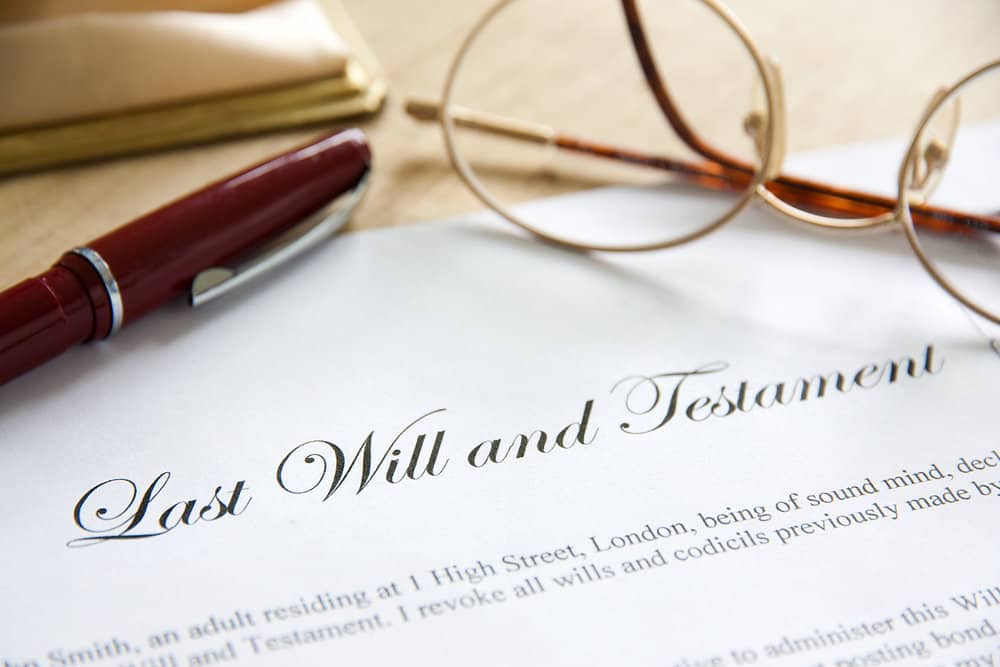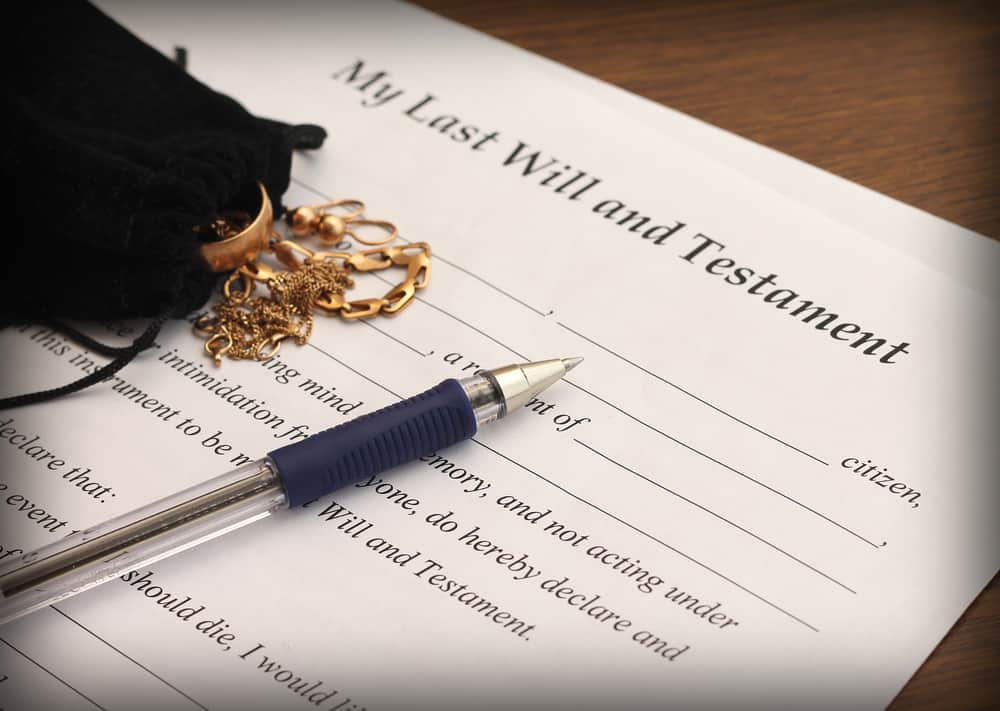If a split comes, it usually goes better for everyone if the property and other assets are divided fairly. To prepare for the worst, you and your spouse should have and use separate wills. This way, no one gets left in the lurch on the day of your death. A will must be drawn up by an attorney who typically charges a fee. And it’s best if you can get help from friends or family members to draft an essential will that doesn’t leave any ambiguities later on. The reason for separate wills is that there will be guidelines to help everyone sort out what belongs to whom upon your death. Think of it as a blueprint in case you die before you have time to sit down with your spouse, go over the estate plan and write up a final shall and a plan of distribution.
Divorce laws vary from state to state, but the idea is that each person in the marriage has his own will, and both spouses are entitled to receive their share of the assets. Of course, that part of the divorce will be easier to handle if they both have the same will. If the marriage ends in divorce, more than likely, you’ll go to court and have someone appointed by the judge who’ll take over until all the property is divided and decisions are made. In cases where there’s a disagreement between husband and wife, a judge often decides who gets what and how everything will be divided.
Different Times Of Death:
If one of you has children from a previous marriage and wants to leave some assets to them, that will clearly state how much you’re leaving them and what assets are going where. A separate property agreement may be needed if this is the case for the terms of the will to be accepted by a judge or probate court. This way, there’s no question about who gets what upon death and when because sometimes deceased spouses want to ensure their wishes are carried out at different times of death. For example, your husband may want to leave most of his assets to his son from a previous marriage. You, however, may want to leave them to your daughter. Let’s say that in the divorce plan, you and your husband agreed that everything would be split equally between you. Therefore, you will get one-half of everything he has after he dies, but this wouldn’t include the substantial amount of money he’s leaving for his son.
Children From previous Spouses:
If you and your spouse already have children in the marriage, separate wills are even more critical. Having a will lets you make sure any money or belongings go to your kids. And it also prevents confusion if one of you dies before the other. If there’s only one wall, it’s usually up to the surviving spouse to decide who gets what. If this is done without talking to their ex-spouse first, problems will likely arise later. Setting aside a certain amount of assets each year into a separate account you can access while alive is a good idea. This way, your ex-spouse will be satisfied with their share in the divorce settlement. You can also add this money to your estate and leave it to your children as part of your will. They may not get anything if there’s no will in place.
If I have a will, does my spouse need one?
A will is not required by law. Nevertheless, it is a good idea to have one in place. The main reason is that it could give you more control over your money and possessions after death. For example, you might select or change the distribution of assets for your property and assets and direct your ex-spouse on how to come up with their share. This is especially important if there are children who are involved. Also, if your ex-spouse is not legally entitled to anything, it might just be a matter of time before someone else gains access to what they should have. And maintaining separate wills can decide to distribute all your assets and property to a specific person or trust once you’re gone.
Conclusion:
You might forget to include or misunderstand some things after it’s drawn up. Unfortunately, it’s common for people to make mistakes during the drafting process. You can always ask your attorney to look it over and ensure everything is clear. You can also consult an estate planner or attorney if you’re unsure whether you or your spouse should have a will. A good rule of thumb is to make sure there’s a will in place that gives you the power to do whatever you need after death, including ensuring your loved ones are taken care of in your absence.



